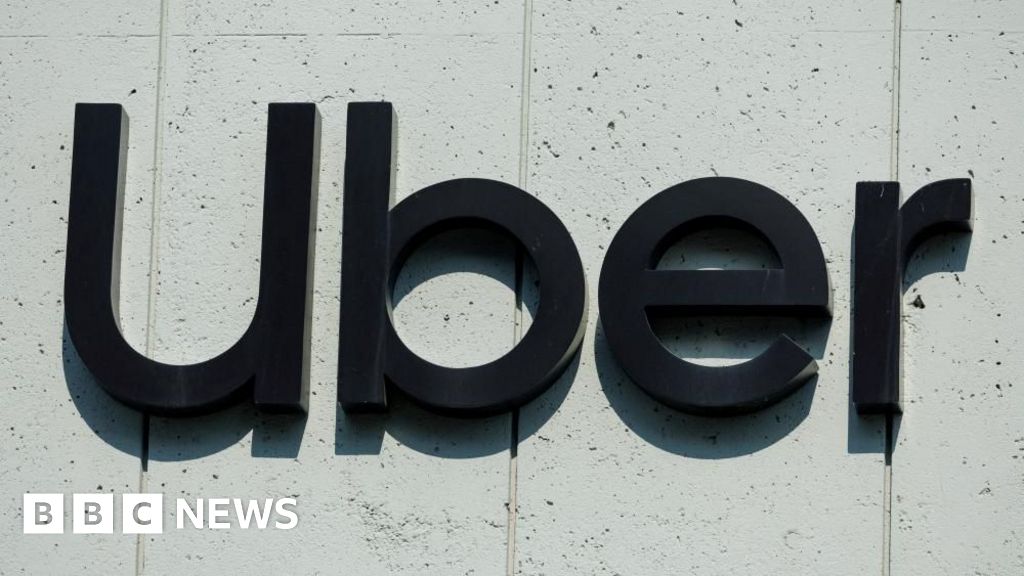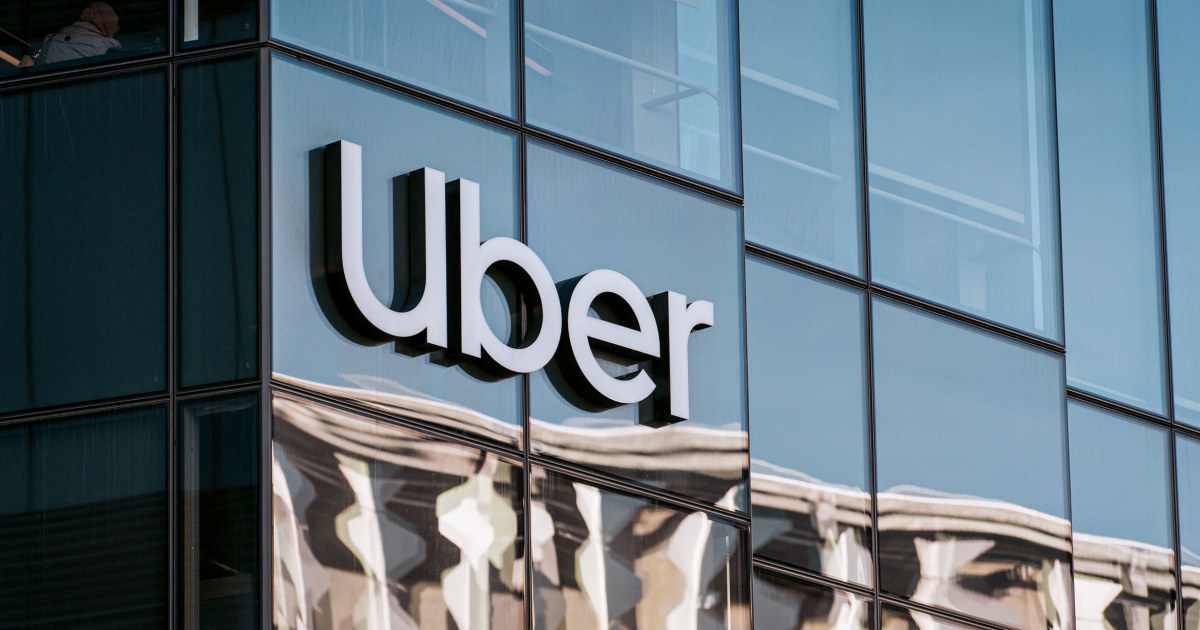FTC Sues Uber Over Unauthorized Subscription Charges and Cancellation Practices
The FTC has sued Uber for allegedly enrolling users into its Uber One service without consent and making cancellations difficult.
Overview
The U.S. Federal Trade Commission has filed a lawsuit against Uber, accusing the company of engaging in deceptive practices regarding its Uber One subscription service. The agency claims Uber charged customers without consent and made it difficult for them to cancel, requiring navigation through numerous screens. Uber denied the allegations, arguing that their sign-up and cancellation process is clear and lawful. This marks the first significant lawsuit against a major tech company since President Trump’s second term began, highlighting ongoing scrutiny of large tech firms by the FTC.
Content generated by AI—learn more or report issue.

Get both sides in 5 minutes with our daily newsletter.
Analysis
- The FTC has filed a lawsuit against Uber, alleging deceptive billing practices related to its subscription service, Uber One, including claims of users being signed up without consent and facing complex cancellation procedures.
- Uber argues that it has improved its cancellation process to be user-friendly, claiming that users can now cancel within approximately 20 seconds through their app, countering the FTC's assertions about difficulty in canceling.
Articles (6)
Center (4)
FAQ
The FTC accuses Uber of enrolling consumers into its Uber One subscription without their consent, charging them before the billing date including auto-charging before free trials end, misleading customers about the savings from the subscription by not accounting for the subscription cost, and making it extremely difficult to cancel by requiring navigation through many screens and actions.
The FTC alleges that canceling Uber One can require navigating up to 23 screens and completing 32 different actions, with some users being directed to contact customer support without a direct method provided to do so.
Uber denies the allegations, stating that their sign-up and cancellation processes are clear and lawful, that cancellations can be completed in the app in about 20 seconds, and that the FTC's investigation was rushed and based on misunderstandings. Uber's legal team includes former FTC officials who emphasize the clarity of their processes.
This lawsuit is one of the first major actions taken by the FTC against a major tech company under President Donald Trump's administration, highlighting ongoing scrutiny of large tech firms by the agency alongside other cases against Meta, Google, and Amazon.
Uber One offers benefits such as fee-free delivery and ride discounts. Uber advertises that consumers can save certain amounts compared to non-members and that they can cancel anytime without additional fees. However, the FTC alleges these claims are misleading as subscription costs are not properly factored into the savings and cancellation is difficult.
History
- 2M

 3 articles
3 articles




